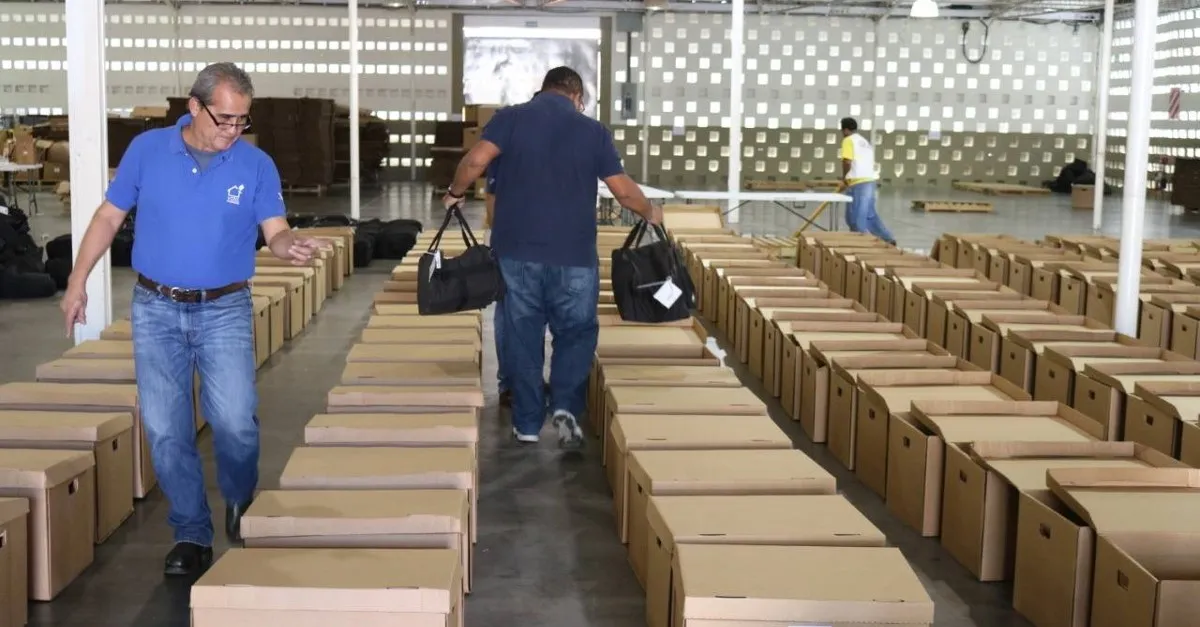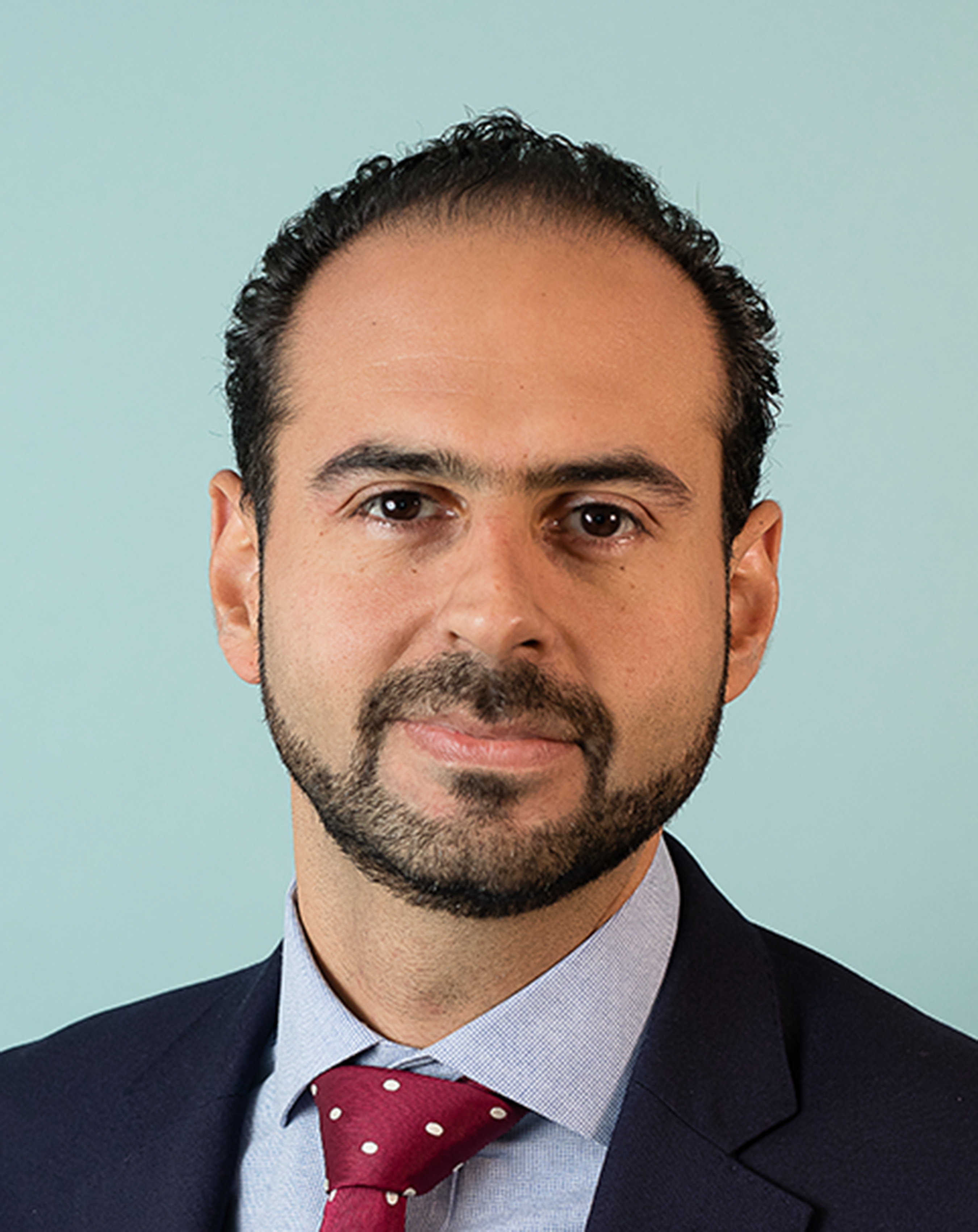Presidential election in El Salvador

El Salvador will have its presidential elections (for president and vice president) next Sunday, 3 February 2019. Just over 5.2 million citizens are being called to elect the successor of Salvador Sánchez Cerén and Óscar Ortiz. This is the sixth presidential race since the signing of the Peace Accords in 1992. The continuity of the Farabundo Martí National Liberation Front (FMLN), which has been in power since 2009, is at stake.
Este artículo está disponible en español.
There are four candidates who aspire to lead the fourth Central American economy: Carlos Calleja, a well-known businessman, from the Alliance for a New Country (Arena-PCN-PDC-DS); Hugo Martínez, politician and diplomat, from the FMLN; Joshua Alvarado, an entrepreneur who lived abroad for many years and is now candidate of the newly created Vamos party; and Nayib Bukele, former mayor of San Salvador, for the Great Alliance for National Unity (Gana). It is important to say that Bukele was mayor on two previous occasions, on both postulated by the FMLN, the same party that expelled him in 2017. He achieved the registration of his presidential candidacy after creating a political party and establishing alliances with other parties that lost their registration for supporting him.
The campaign lasted four months: from 2 October 2018 to 30 January 2019. There were two presidential debates: on 16 December, at the University of El Salvador, and on 13 January, at an unknown location (for security reasons), at the request of the Association of Broadcasters (Asder) and the Association of Private Universities of El Salvador (Auprides). Both meetings were transmitted on radio, television and social media. Although the topics to be discussed were not established in advance, the moderators were allowed to strictly control the intervention times of each candidate and steer the debate towards the proposals.
According to the first polls, in July 2018, and until the last measurements (23 January) before the end of the political campaign, Bukele has been the leader of the preferences without giving up the first place. In 2018 some surveys gave him 30 points of difference ahead of the second place, which has been held consistently by Carlos Calleja. Nonetheless, some polling organizations, such as the Public Opinion Center, revealed in their last poll in January that there is a slight difference of 10 points between the first and second place, with the exception that between 15 per cent and 25 per cent of voters are still undecided. If this advantage materializes, there would be a scenario in which, for the first time since 1989 the presidency does not remain in the hands of the traditional parties.
What it is undeniable is that the race is between two candidates—Bukele and Calleja. In the event that none of them obtains more than half of the valid votes, the election could carry on and be decided in the second round on Sunday, 10 March. For this reason, in trying to convince voters residing in the country and abroad, both candidates increased the number of events before the end of the campaign. On top of that they have another challenge, they need to convince more people to go out and vote: in 2014, 55.32 per cent of voters exercised their right in the first round, and 60.88 per cent did so in the second.
The challenges that the country faces in electoral matters are significant. According to the Perceptions of Electoral Integrity Index from the Universities of Sydney and Harvard, El Salvador has a level of "moderate integrity", with 54 points in total and is placed in the middle of the table among Latin American countries. More importantly, of the 11 components that make up the Index, "campaign financing" has the lowest rating. Similar to other Latin American countries, El Salvador experiences problems in areas such as the transparency of the accounts of the political parties, the use of public resources in elections and equity in the donations made to the political campaigns. In addition, although it is established that at least 30 per cent of the candidates (owners and alternates) must go to women, there is still a lot of work to do to achieve complete equality, both in proportion and in procedures (horizontal and vertical parity).
As for the organization of the elections, the Supreme Electoral Tribunal—the highest administrative and judicial electoral authority—is in charge of managing all of its phases. As in 2018, the novelty for this election is that the members of the Temporary Electoral Organisms—in charge of receiving and processing the votes—are citizens without party affiliation, contrary to what happened before, although they were proposed by the political parties. With little time to go before the election, the organization and logistics processes are ready to receive millions of votes on Sunday.
This time elections are only presidential because the electoral calendar in El Salvador is not standardized; meaning that elections can take place on different dates. Thus, the legislative and municipal elections were held back in March 2018. In this case, Arena won 37 of the 84 seats (41.7 per cent) that make up the Legislative Assembly—El Salvador is a unicameral country—; the FMLN, 23 (24.5 per cent); and Gana, 10 (11.45 per cent). Given that the deputies last for three years with indefinite re-election, the presidential and legislative elections coincide every 15 years (the next time, in 2024).
International IDEA has plenty information about El Salvador in different databases such as gender quotas, political financing, electoral justice, electoral participation and direct democracy. The Global State of Democracy Indices, which registers mixed behaviors for each of the five attributes that compose it, stands out for its comparative power and longitudinal reach.





